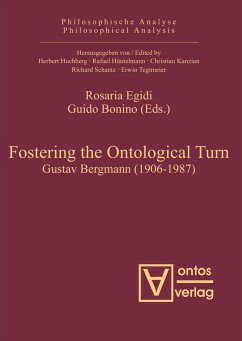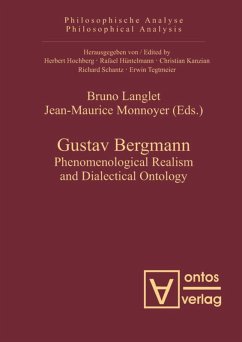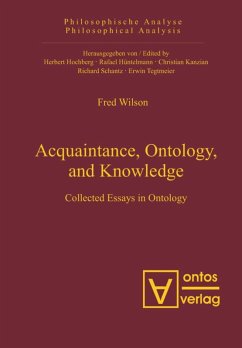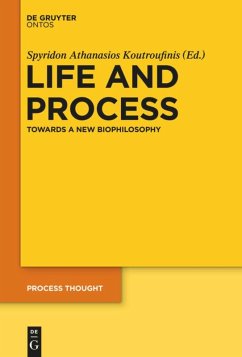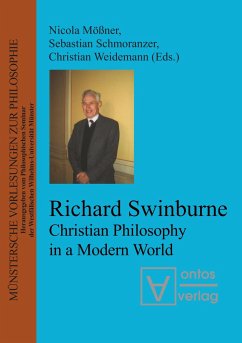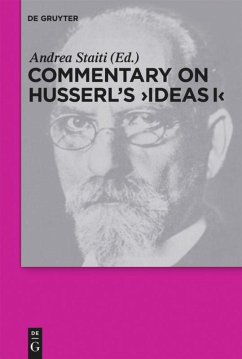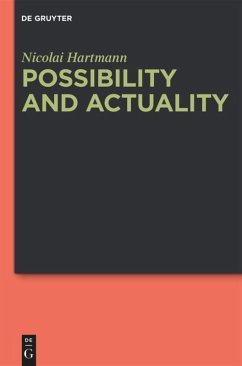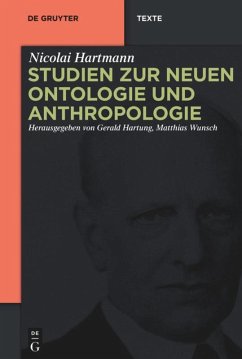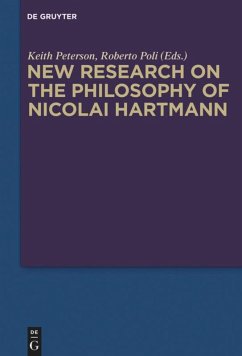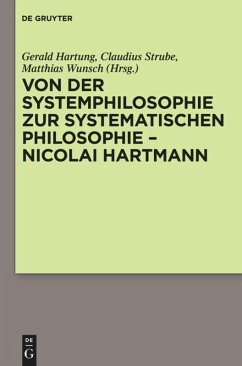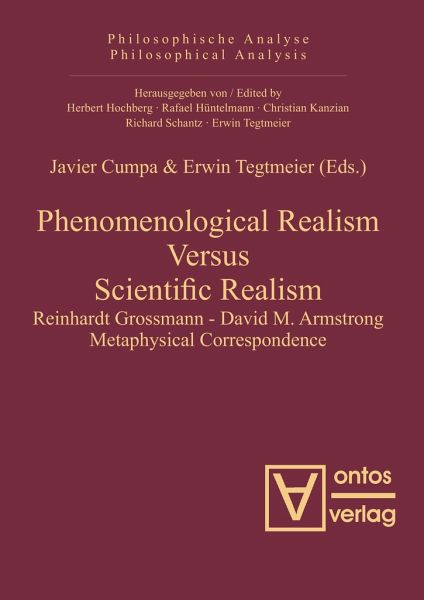
Phenomenological Realism Versus Scientific Realism
Reinhardt Grossmann - David M. Armstrong Metaphysical Correspondence
Herausgegeben: Cumpa, Javier; Tegtmeier, Erwin
Versandkostenfrei!
Versandfertig in 6-10 Tagen
63,99 €
inkl. MwSt.

PAYBACK Punkte
32 °P sammeln!
The two eminent metaphysicians Armstrong and Grossmann exchanged letters for ten years in which they discussed crucial points of their respective ontologies. They have a common basis. Both do metaphysics proper and not linguistic philosophy. Both advocate universals and acknowledge the key position of the category of states of affairs. However, they differ on the simplicity of universals and the nature of states of affairs. There is also a fundamental methodological disagreement between them. Armstrong accepts only the evidence of natural science and has a materialist view on mind while Grossm...
The two eminent metaphysicians Armstrong and Grossmann exchanged letters for ten years in which they discussed crucial points of their respective ontologies. They have a common basis. Both do metaphysics proper and not linguistic philosophy. Both advocate universals and acknowledge the key position of the category of states of affairs. However, they differ on the simplicity of universals and the nature of states of affairs. There is also a fundamental methodological disagreement between them. Armstrong accepts only the evidence of natural science and has a materialist view on mind while Grossmann is a dualist and grants also the same evidential status to the phenomenological data of perception and introspection. The letters are grouped into three phases. The first is the issue of universals, the second the ontological analysis of laws of nature and the third the ontology of numbers. The book contains also longer comments and reviews, partly not published until now.





